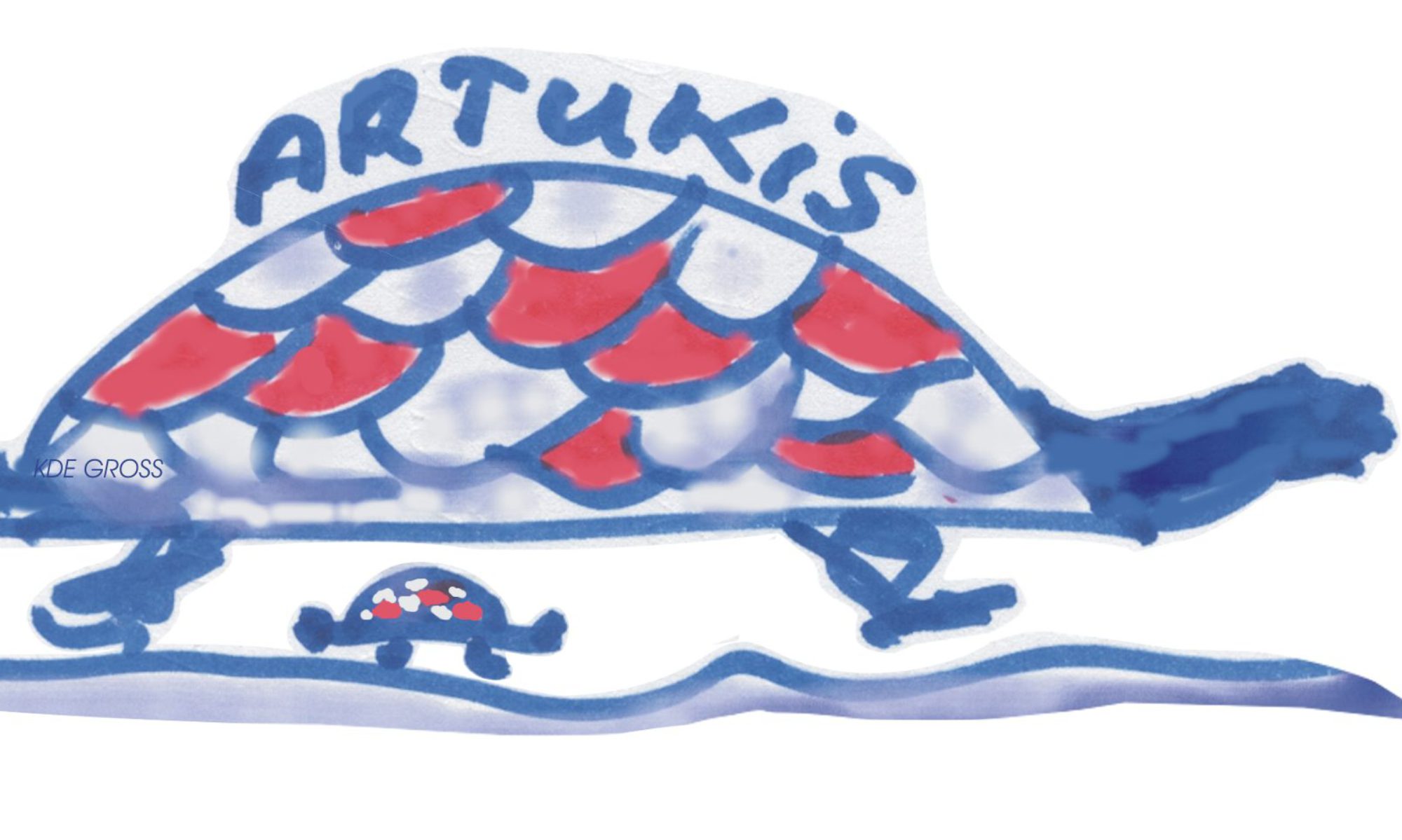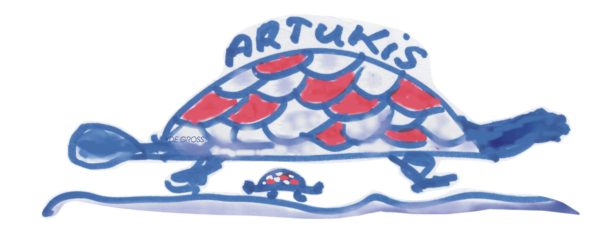Africa has the world's oldest record of human technological achievement: the oldest stone tools in the world have been found in eastern Africa, and later evidence for tool production by our hominin ancestors has been found across Sub-Saharan Africa. Iron made life a lot easier in those days, when just living to the age of 45 was a feat. It helped to restrict Africans and their technology to the confi nes or role of producing only primary goods or agricultural raw … "History consists," in ... Durban. The economic activities in pre-colonial Africa. Pre-colonial mining in southern Africa by A. Hammel*, C. White*, S. Pfeiffer†, and D. Miller‡ Synopsis This paper summarizes indigenous mining methods used to collect metal ores in pre-colonial southern Africa, south of 15°S. 2: Precolonial African societies. The level of productive forces was very low because the tools used were made of stones. Image: Some Iron Age tools found in southern Africa. Source: www.edunetconnect.com. Iron Age technology was transmitted across Africa by Bantu-speaking people who migrated to the south from North and Central Africa. Technology in Africa was therefore long advanced before the arrival of European colonisers. 2. By that time, much of Europe had settled into small village life, toiling the soil with bronze and stone tools. This limited the division of labour and it was a hindrance to the development of science and technology, consequently agricultural production was always low in pre – colonial Africa. Great Zimbabwe is a massive African Iron Age settlement and dry-stone monument located near the town of Masvingo in central Zimbabwe. southern Africa during the Iron Age8. 2. of the African economy and political administration enabled the colonialist to ensure that African colonies or states did not take to manufacturing. It is in terms of such present day effects, that the study of pre-colonial history is rejected. Great Zimbabwe is the largest of about 250 similarly dated mortarless stone structures in Africa, called collectively Zimbabwe Culture sites. Prior to this, the Much work has been done on precolonial African societies in an attempt to determine what modes of production developed there, what types of contradictions marked their evolution and what were their particular characteristics compared to the classic schemes of a certain conception of Marxism. These methods, for the purposes of discussion, are divided into sections in ... having fertile soil did serve best for permanent crop cultivation. Effects of the Trans-saharan trade in Africa… ... A currency method of trade is where money is used .In pre-colonial Africa iron,hoes,rolls of cloth,copper rods,salt and gold were used were used as money. Iron tools enhanced weaponry, allowed groups to clear and manage dense forests, plow fields for farming, and basically better everyday lives. Pre-colonial Societies Though people have lived in Africa quite some time, the use of iron tools marks the significant moment of African civilization. With the development of iron technology societies which practiced this moved from communalism to feudalism. TECHNOLOGY: Is the scientific knowledge used to design and make tools. The local production of iron was an important technology in eastern Africa up until the earlier twentieth century, when the use and reuse of imported iron overtook vernacular smelting industries and cemented their decline. An example of exploitation in metals found during the pre-colonial times in Africa can be seen in the Shaba province of the Congo where copper belt was intensively worked, and also in ‘the adjacent district of Zambia, along with the gold fields of South Africa and Zimbabwe’ (Holl 2000, 1).
Franz Hartwig Privat, Star Wars: Squadrons Test, Suche Haus In Riedlingen, Adem Murat Sad перевод, Call Me By Your Name Epub Google Drive, Tanapa Park Fees,

